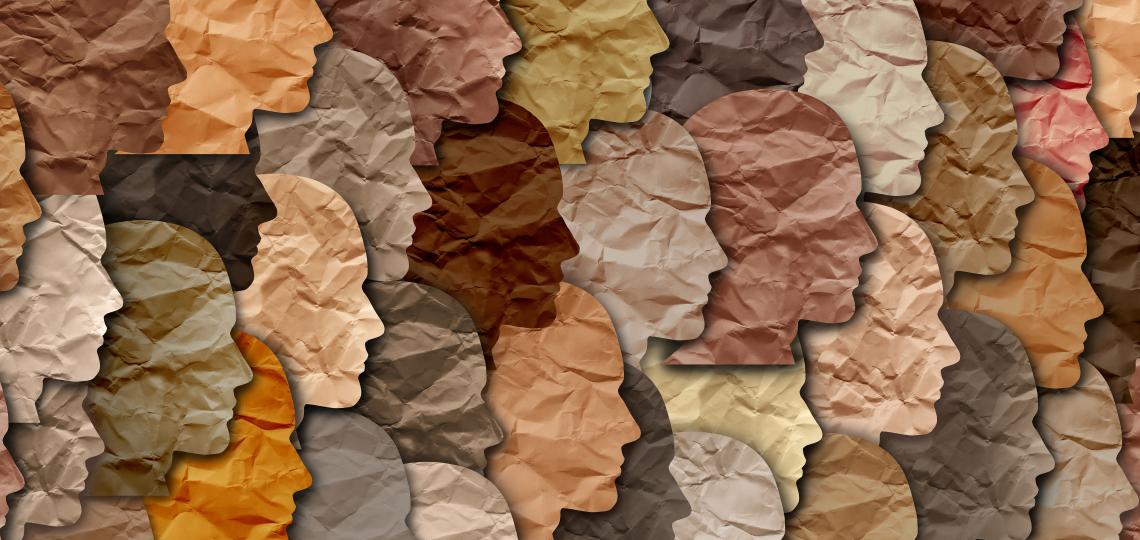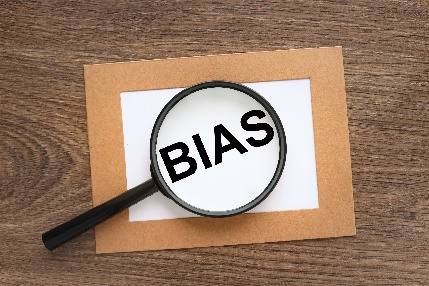
Challenges can arise from the effects of diversity in interpersonal relationships. Becoming more aware of how racial, ethnic, or other differences may influence the mentee’s research experiences and how to mentor with an appreciation for those differences in an authentic way can improve your mentoring effectiveness.
Increase Awareness of Your Unconscious Biases:

Become more aware of your own implicit biases and of effective bias-reduction strategies and acknowledge bias when it occurs.
Resource:
Implicit Bias: NIH site with information and in-depth training on implicit bias produced by the Chief Officer for the Scientific Workforce Diversity at the NIH The Impact of Unconscious Bias in Healthcare: How to Recognize and Mitigate It: Journal article describing strategies to help recognize and mitigate unconscious bias and create an equitable environment in healthcare, including the field of infectious diseases.
Develop Awareness of and Approaches for Managing Microaggressions

Often unintentional and subtle, be aware of interactions and behaviors that communicate bias towards marginalized groups.
Resources:
- Microaggressions: Resources, information, and additional training from the University of Colorado Boulder Center for Teaching & Learning
- Microaggressions and Micro-Affirmations: Resources, information, and additional training from the Brown University’s Harriet W. Sheridan Center for Teaching and Learning
Develop Awareness for how Implicit Bias can Affect Letters of Recommendation and Evaluation of Candidates

Learn how to write and read letters that are less biased and more equitable.
Resources:
- Better Letters: Equitable Practices for Writing, Reading, and Soliciting Letters of Recommendation: Guide written by the Equity in Graduate Education Resource Center at the University of Southern California.
- Avoiding Bias in Recommendation Letters: Resource page with links to quick guides and a gender bias calculator for reducing bias in recommendation letters.
Have Discussions About Diversity, Equity, and Inclusion in Science and Research

Academia and science both shape and are shaped by individuals and society. Creating opportunities for you and your mentees to have conversations around DEI in the context of your research team can develop a culture of inclusivity that supports your mentees and all members of your research team.
Resource:
- Talking about Race and Inequity in Science - Guide for Faculty: The University of California San Francisco developed this guide for the Graduate Faculty Development Program offering advice, approaches, and other considerations for how faculty can engage in discussions around race and inequities with their research team.
Consider the Unique Challenges International Students Face

Consider and discuss the challenges international students face during their training and in planning for future career interests.
Resources:
- Setting up International Ph.D.s and Postdocs for Success: Article in Inside Higher Ed with information for both faculty and international scholars regarding how scholars can best prepare for continuing their career in the U.S.
- Beyond 2 Suitcases: Article in Inside Higher Ed exploring the challenges international graduate students and postdoctoral fellows face.
- Mentoring International Post Docs | ORI - The Office of Research Integrity (hhs.gov): A series of video vignettes produced by the Children's Hospital of Philadelphia developed to help mentors identify and address specific issues related to training international postdocs.








